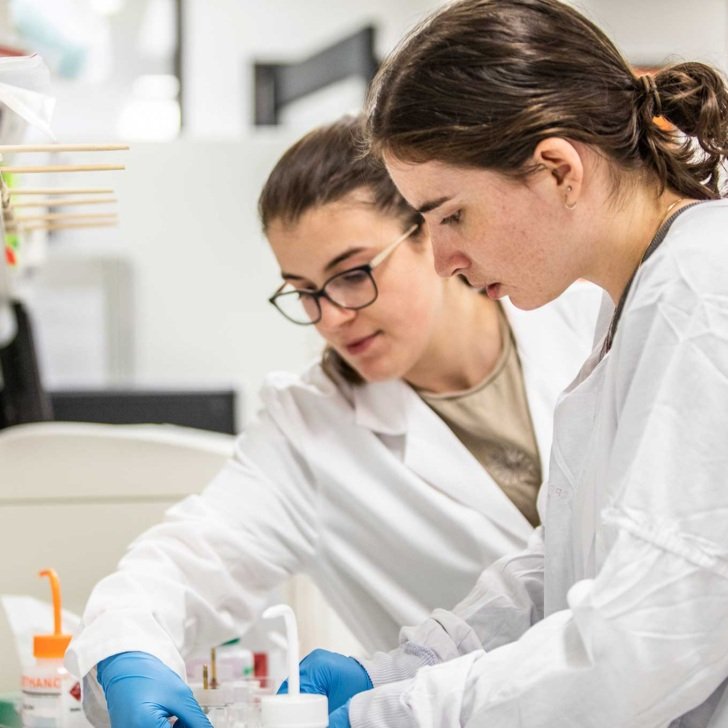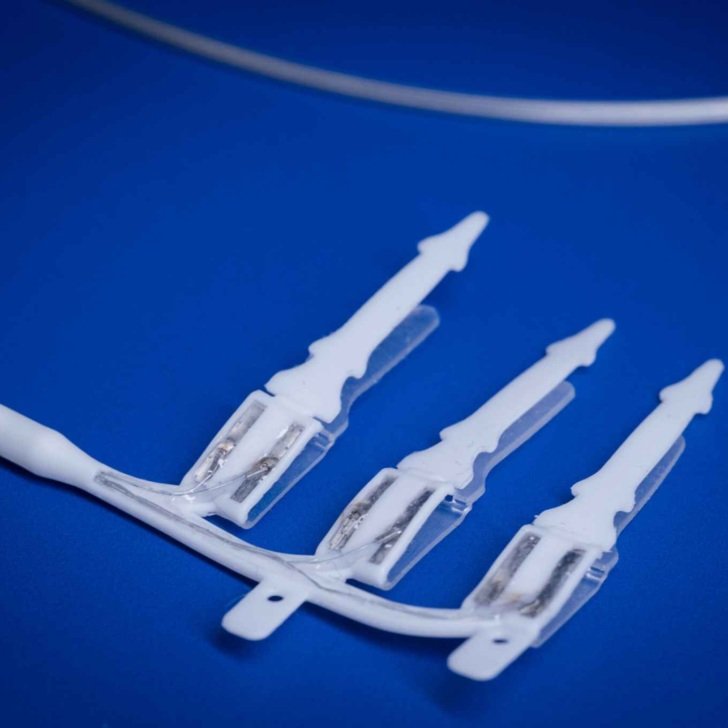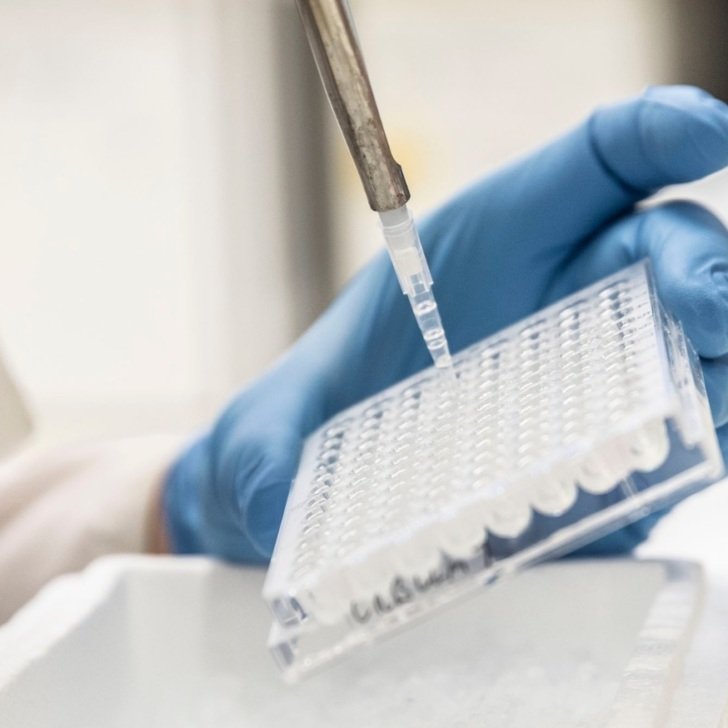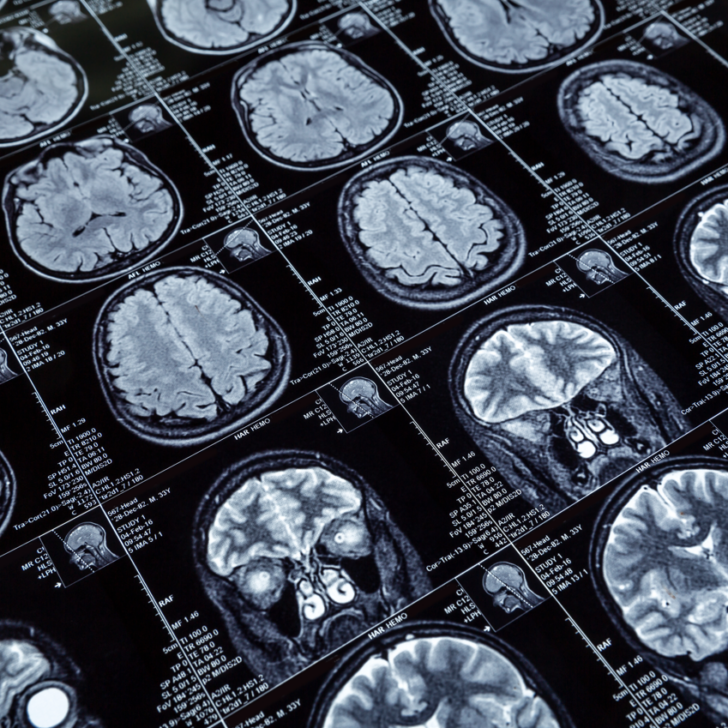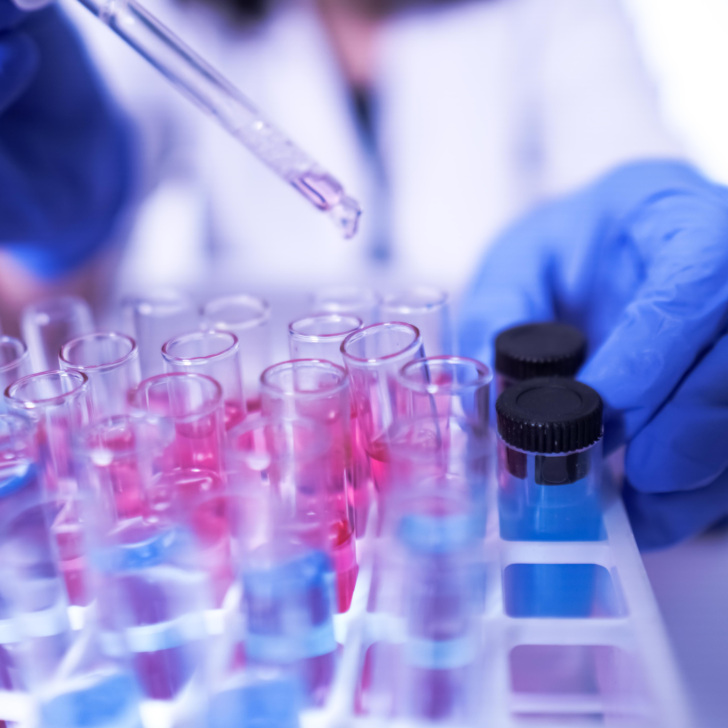
Digestive diseases
The healthy gut communicates with the brain and lives in harmony with the many bacteria it contains. Disorders of gut health lead to diabetes and metabolic disease, inadequate nutrition, pain, poor digestion and liver disease. Major digestive diseases include inflammatory bowel disease, chronic constipation, gastroparesis, Hirschsprung Disease, and the irritable bowel syndrome.
An extensive nervous system, the enteric nervous system, embedded in the gut wall, controls digestive functions. The ENS communicates with the brain, the central nervous system, and disorders of the brain and gut commonly accompany each other, for example gastrointestinal disorders are prominent in Parkinson’s Disease, Multiple Sclerosis and Spinal Cord Injury.
A major component of the endocrine hormone control system is embedded in the gut. Gut hormones control appetite and energy metabolism, and they are targets for the treatment of obesity, diabetes and metabolic disease.
How The Florey is making a difference
At the Florey we are working to develop new approaches to treating bowel diseases through drug development, through stem cell biology, through electroceuticals, an exciting new approach in which nerves are stimulated to treat disordered function, and by unravelling the basic mechanisms essential for digestive health. We are also working on a new bioengineering approach, Aptamers, to measure levels of hormones in living animals in real-time.
In drug development, Professor John Furness, Dr Ruslan Pustovit, Dr Rachel McQuade and Associate Professor Akhter Hossain are investigating novel targets for treatment of constipation and the GI consequences of Parkinson’s Disease. In stem cell biology, Dr Ruslan Pustovit and Professor John Furness are working on the use of stem cells to replace defective enteric neurons in Hirschsprung Disease and to repair the spinal cord after injury. Dr Martin Stebbing is investigating the neuroimmune interactions of inflammatory bowel disease. We are also investigating electroceutical approaches to the treatment of gastroparesis and the vagal connections of the gut-brain axis.
In basic mechanisms, we are studying the roles of gut hormones and enteric nerves in diabetes, the mechanisms by which inflammation in the gut is controlled by nerves, and ways of protecting the lining of the gut.
Research projects
- Control of colon function in health and disease
- Disorders of the stomach, gastroparesis and other challenges
- Neural control of intestinal inflammation – therapies for inflammatory bowel disease
- The microbiota-gut-brain axis and microbiome modulation in pre-clinical models of psychiatric disorders
- Unravelling the complexities of the stomach’s control systems
More information
For more information on digestive diseases, visit Chron’s and Colitis Australia and watch Professor John Furness talk about The Gut and Brain
Latest news
Latest Florey news on Digestive diseases
